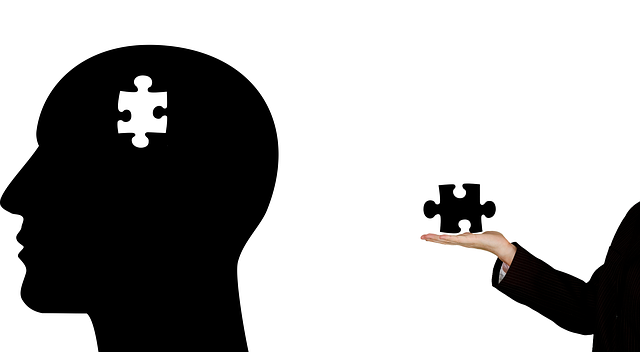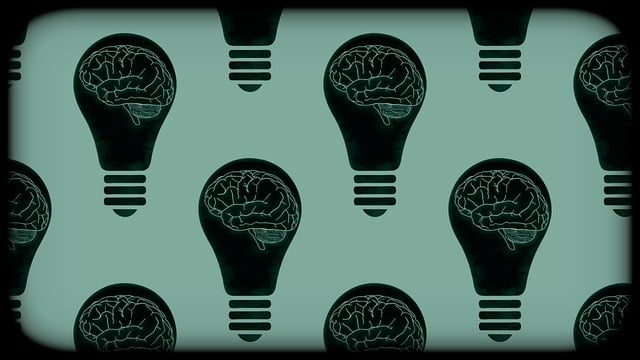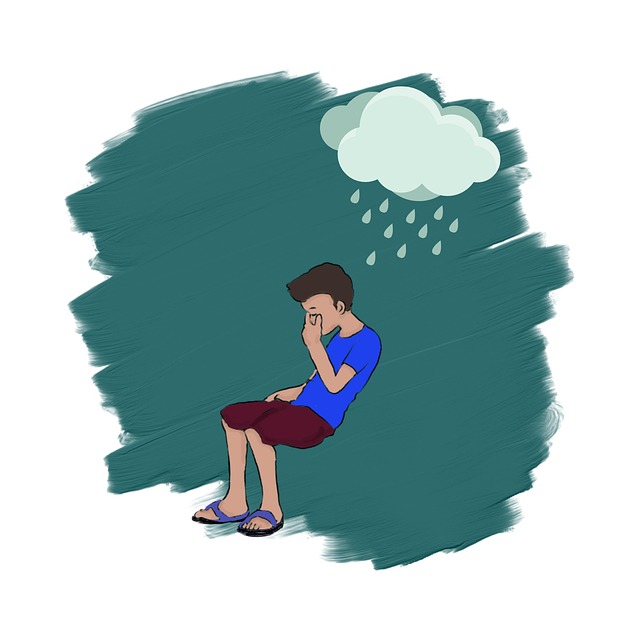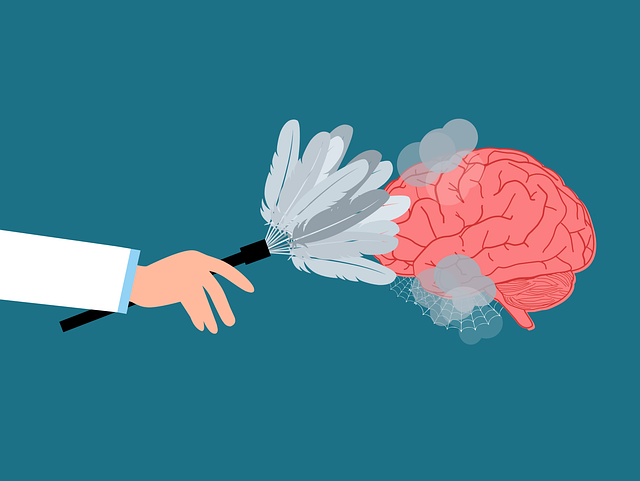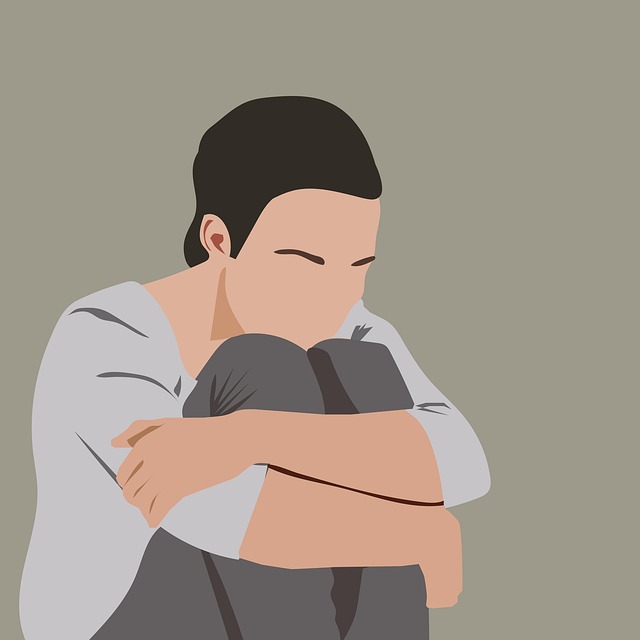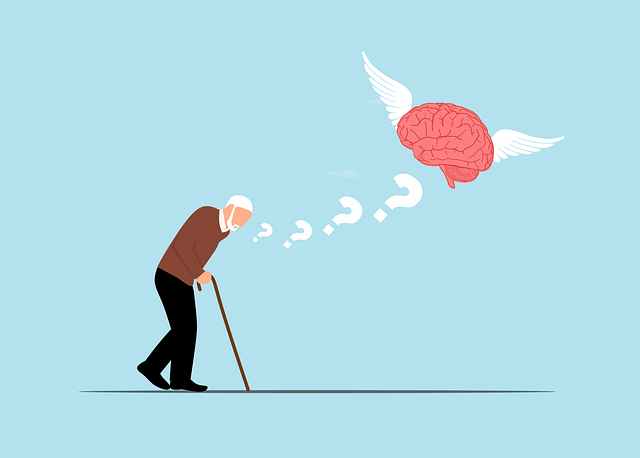Superior Trauma Therapy introduces the RFM (Resistance, Flexibility, Mastery) model, a revolutionary approach prioritizing inner strength and proactive coping strategies for trauma recovery. By combining self-care, anxiety relief techniques, and resilient mindsets, RFM fosters resistance against traumatic memories and promotes flexibility in navigating life's challenges. This holistic method uses evidence-based Mind Over Matter principles to build emotional intelligence and resilience, enabling stress management and safe reprocessing of trauma. Tailored exercises combine physical activities, cognitive strategies, and mindfulness for deep emotional healing and enhanced overall well-being. Regular assessments and client feedback measure RFM program success, contributing to a more compassionate society by empowering individuals to face life's challenges with resilience.
In today’s fast-paced and often stressful world, building resilience is more crucial than ever. This article explores the Revolutionary Framework Method (RFM) as a powerful tool for cultivating trauma resilience. We delve into the significance of resilient individuals in modern society and uncover effective strategies, known as Superior Trauma Therapy techniques, to enhance mental fortitude. From designing tailored resilience-building exercises to measuring program success, this comprehensive guide provides insights into empowering individuals to navigate life’s challenges with greater ease.
- Understanding RFM: A Framework for Trauma Resilience
- The Need for Resilient Individuals in Modern Society
- Implementing Superior Trauma Therapy Techniques
- Designing Effective Resilience Building Exercises
- Measuring Success: Evaluating the Impact of RFM Programs
Understanding RFM: A Framework for Trauma Resilience

Understanding RFM, or Resistance, Flexibility, and Mastery, provides a powerful framework for cultivating trauma resilience. This innovative approach to therapy goes beyond traditional techniques by focusing on building inner strength and empowering individuals to navigate life’s challenges with greater ease. By fostering resistance against traumatic memories, promoting flexibility in coping strategies, and encouraging mastery over one’s responses, RFM offers a holistic method for achieving superior trauma therapy outcomes.
Incorporating self-care practices into daily routines is an essential component of the RFM model. It encourages individuals to nurture their mental and emotional well-being through various activities that enhance inner strength development. By prioritizing anxiety relief techniques and adopting resilient mindsets, individuals can better manage stress and avoid revisiting traumatic experiences in their minds. This proactive approach not only enables people to heal from past traumas but also equips them with the tools to thrive in an ever-changing world.
The Need for Resilient Individuals in Modern Society

In modern society, the need for resilient individuals has never been more pressing. The constant barrage of stressors from work to personal life, coupled with unprecedented global events, has made it imperative for people to develop coping mechanisms that go beyond mere survival. Superior Trauma Therapy offers a comprehensive approach to address these challenges by focusing on both emotional and psychological fortitude. By implementing effective exercises aimed at inner strength development and self-awareness, individuals can navigate the complexities of life with enhanced resilience.
Resilience is not just about enduring hardship; it’s about thriving in spite of it. Through Stress Management Workshops Organization and targeted RFM (Resilience, Flexibility, and Mastery) exercises, people are equipped to confront and overcome obstacles head-on. These workshops foster an environment where individuals can learn and practice self-awareness exercises tailored to their unique needs, ultimately cultivating inner strength that permeates all aspects of their lives. This proactive approach to mental well-being ensures that folks emerge from challenges not just surviving but truly flourishing.
Implementing Superior Trauma Therapy Techniques

Implementing Superior Trauma Therapy Techniques involves integrating cutting-edge approaches that go beyond traditional methods. By focusing on Mind Over Matter principles, professionals can empower individuals to confront and overcome traumatic memories effectively. These techniques, often derived from decades of research in neuroscience and psychology, prioritize a holistic healing process. This includes not just addressing the symptoms but also fostering emotional intelligence and resilience.
Through such therapeutic interventions, clients learn to manage stress and regulate their emotional responses. By understanding the intricate connection between mind and body, individuals can begin to reprocess traumatic events in safe, controlled environments. This transformative process allows for a deeper understanding of the trauma and paves the way for lasting recovery, promoting overall well-being and enhanced coping mechanisms.
Designing Effective Resilience Building Exercises

Resilience building exercises are a powerful tool to enhance individuals’ ability to cope with challenges and adversity. When designing effective programs, it’s crucial to consider the target audience’s specific needs and vulnerabilities. Superior Trauma Therapy offers a nuanced approach by tailoring interventions to address underlying trauma, which is often a root cause of heightened stress and anxiety. This personalized strategy ensures that exercises are not just surface-level coping mechanisms but rather facilitate deep emotional healing.
The process should involve a mix of physical activities, cognitive strategies, and mindfulness techniques. For instance, outdoor adventures can build endurance and foster a sense of accomplishment, while also promoting present-moment awareness. In contrast, group discussions centered around crisis intervention guidance can provide a safe space to share experiences, reducing feelings of isolation. By incorporating these diverse methods, exercises become comprehensive tools for stress management, anxiety relief, and overall resilience enhancement.
Measuring Success: Evaluating the Impact of RFM Programs

Measuring success is a vital aspect of implementing RFM (Resilience and Emotional Resilience Model) programs. Evaluating the impact of these initiatives allows mental health professionals to assess whether clients are developing superior trauma therapy skills, enhancing their emotional regulation capabilities, and cultivating compassion within themselves and towards others. A comprehensive risk assessment for mental health professionals plays a crucial role in this process by identifying potential challenges and areas where support is needed.
Through regular assessments and client feedback, practitioners can gauge the effectiveness of RFM exercises. Compassion cultivation practices have been shown to significantly reduce symptoms of trauma and promote mental well-being. By integrating these mindfulness-based techniques into therapy, professionals enable clients to develop robust emotional regulation skills. This not only benefits the individual but also fosters a more compassionate and resilient society, as individuals become equipped to navigate life’s challenges with greater equanimity.
The implementation of Resilient Factor Model (RFM) and resilience-building exercises is a powerful approach to fostering trauma resilience in individuals. By understanding the framework, recognizing the societal need for resilient citizens, adopting superior trauma therapy techniques, designing tailored exercises, and measuring program impact, we can significantly enhance people’s ability to navigate life’s challenges. This holistic strategy ensures that individuals develop the mental fortitude required to thrive in modern society, ultimately contributing to a more resilient and adaptable community.


